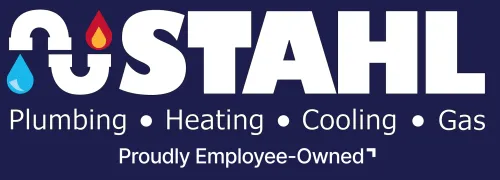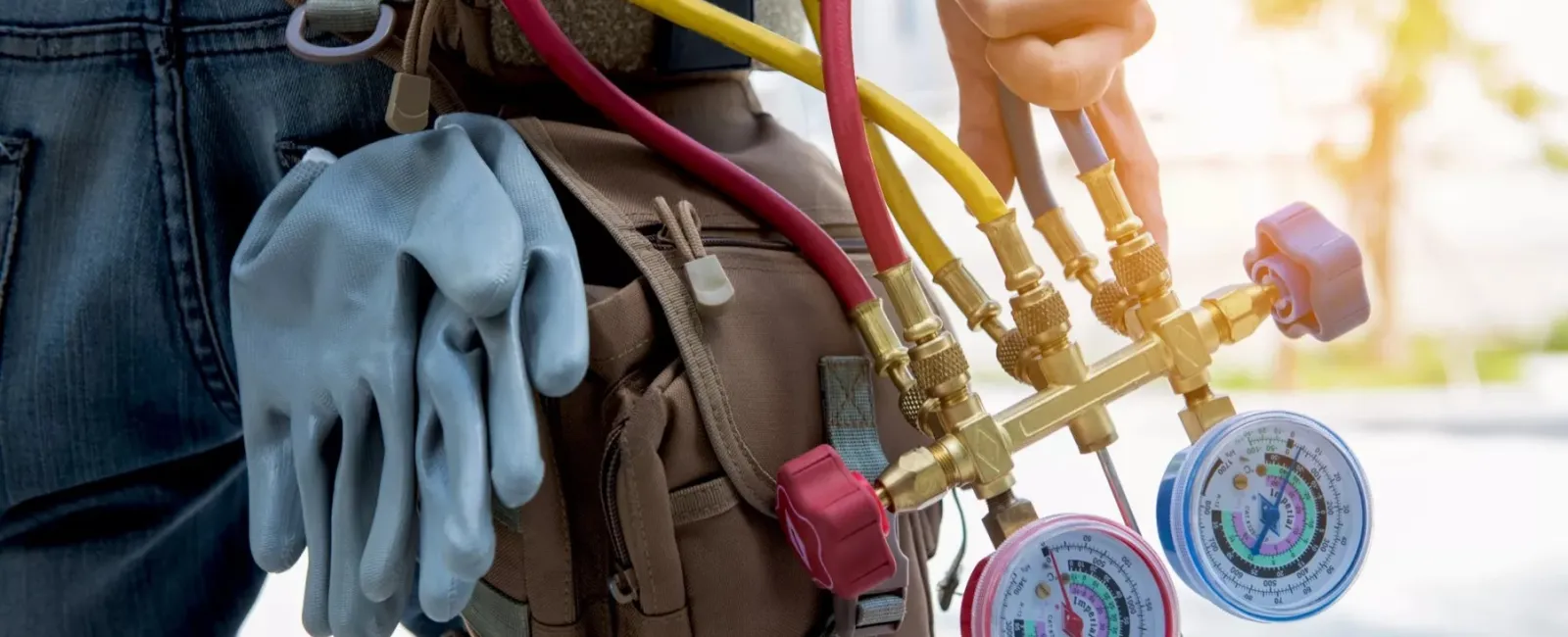Winters in Pittsburgh are rarely mild, so you should therefore be prepared for that ever-annoying problem known as frozen pipes. A lack of access to running water is a nuisance any time of year, but there is nothing worse than running out of hot H2O on a cold December morning. So, what exactly causes the pipes in your home to freeze, and is bursting inevitable? If your pipes burst, contact your 24 hour Pittsburgh plumber to take care of the problem as soon as possible.
The Cause of Frozen Water Lines
Pipes burst as a result of built-up internal pressure. When water goes from a liquid to solid state, it expands in size, and this is what causes those ill-fated ruptures. Copper and PVC are not malleable, so they will break when excess force occurs from the inside out.
Strangely enough, water is one of the few liquids that expands when turning into a solid. The molecular composition of a liquid slows down significantly when it becomes cold. As a result, the molecules get closer to one another, which causes the liquid's density to increase. Like all liquids, water follows this same process, although once it reaches a certain temperature (3.98 degrees Celsius), it begins to expand once more.
Basically, you can thank the hydrogen bonds that hold water molecules together for your burst pipes. Although water's molecular structure mimics other liquids with regards to increased density, otherwise known as compression, it is simultaneously altered by millions of weak hydrogen bonds. The molecules start aligning at the 3.98 Celsius mark and will continue to do so down to 0 degrees.
Have the master plumbers at Stahl Plumbing perform pipe insulation services on your water lines. If you don't prepare for burst pipes, you risk having to call an emergency plumber at an inopportune time this winter.

